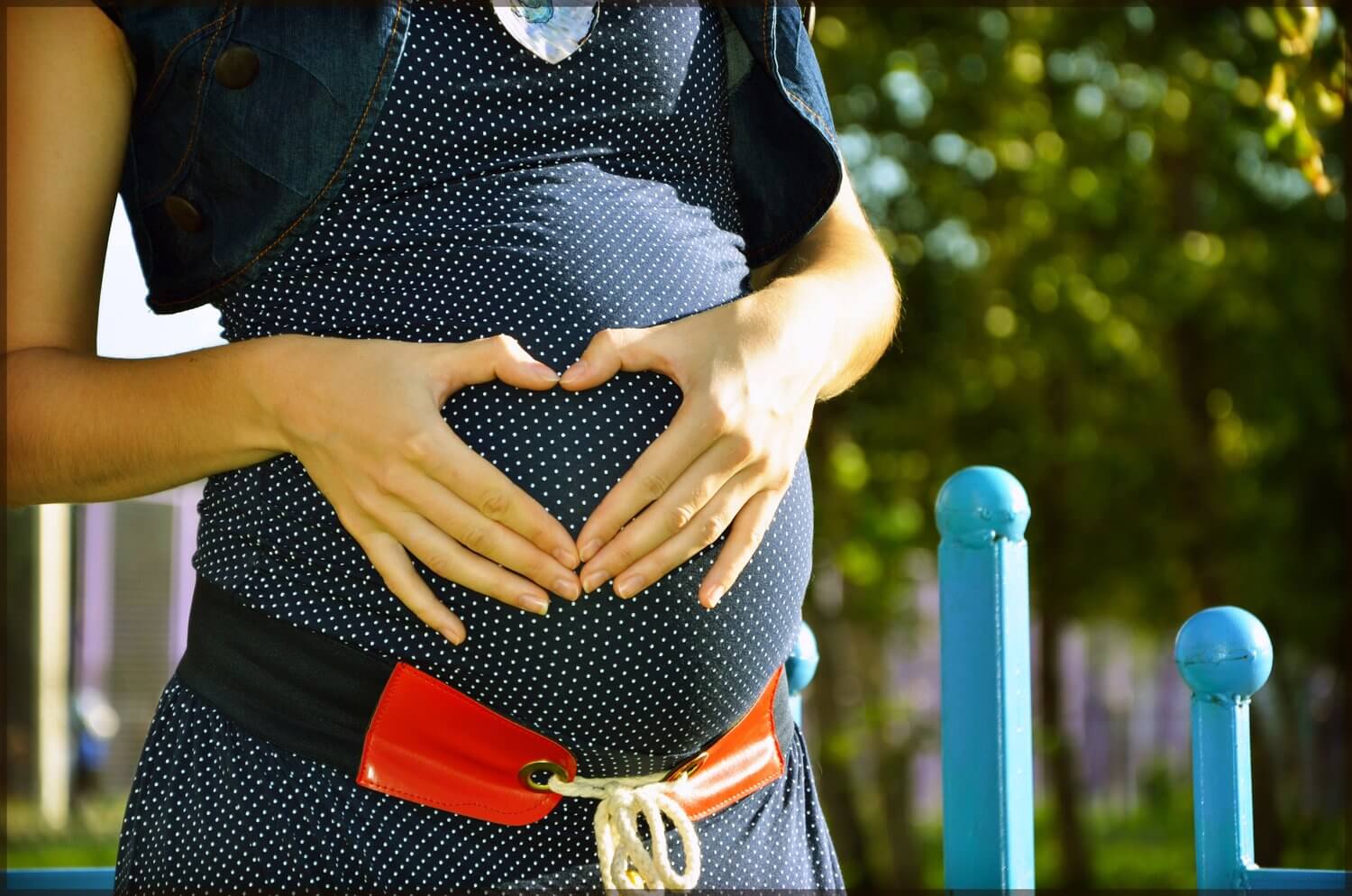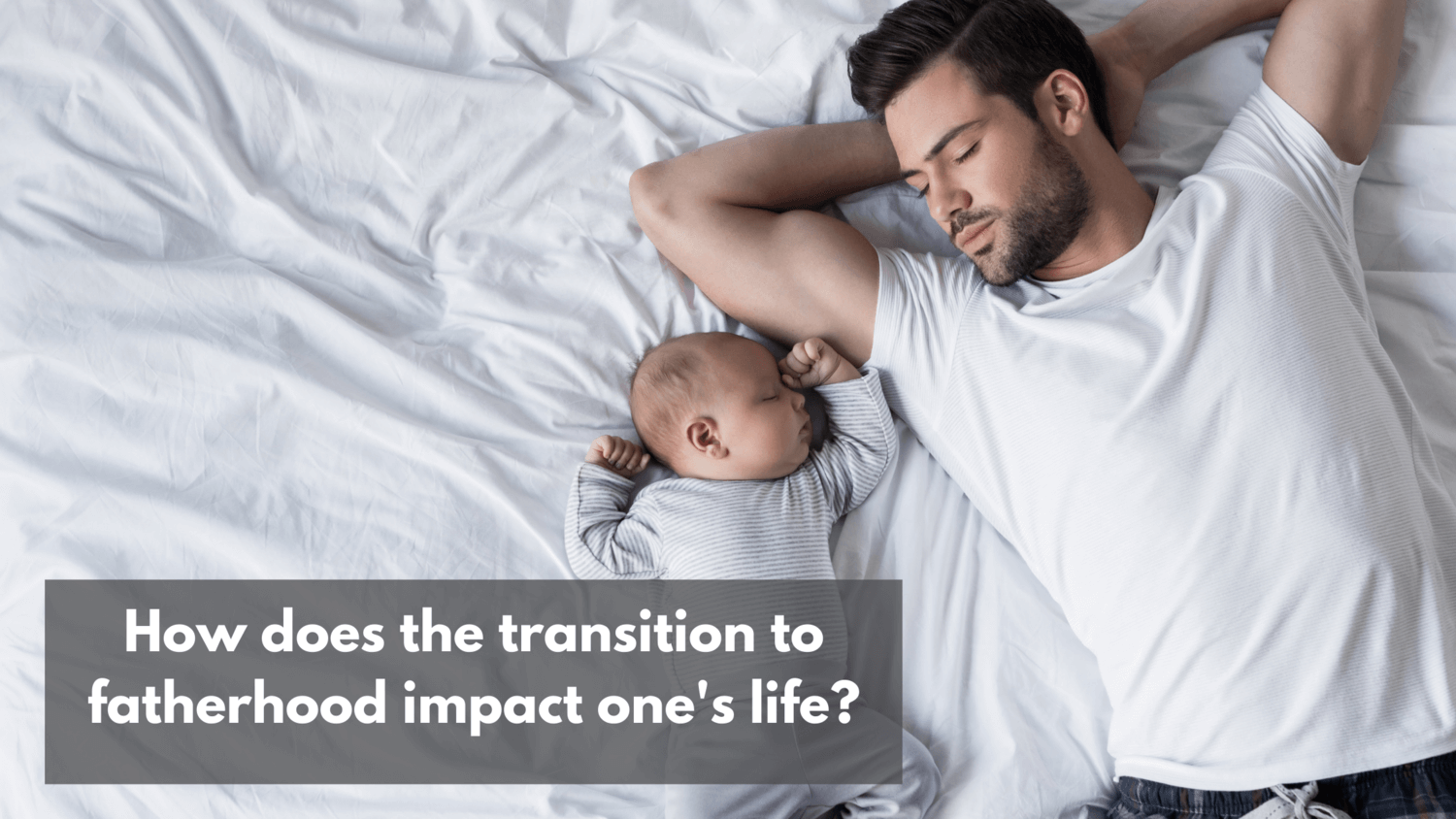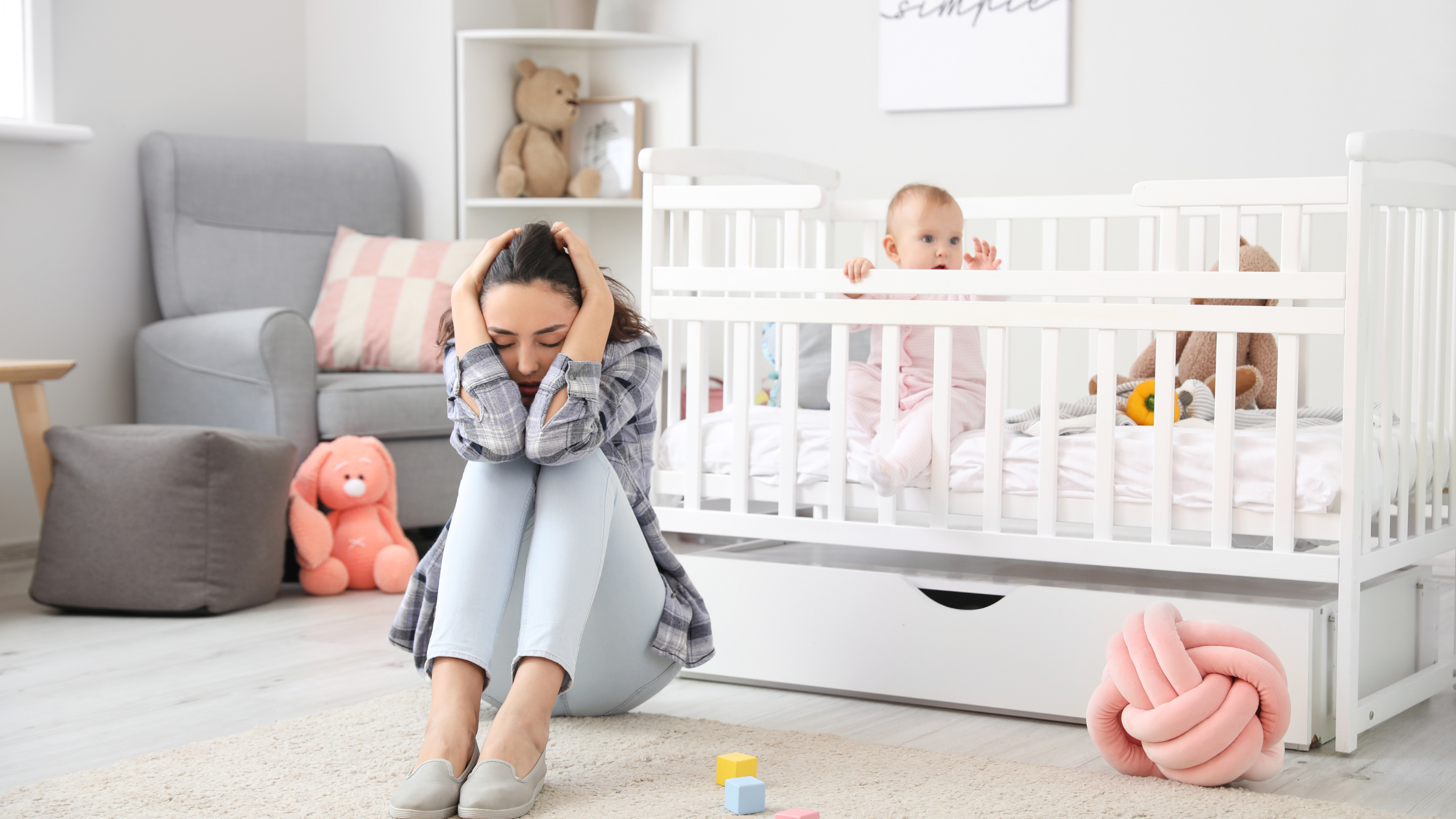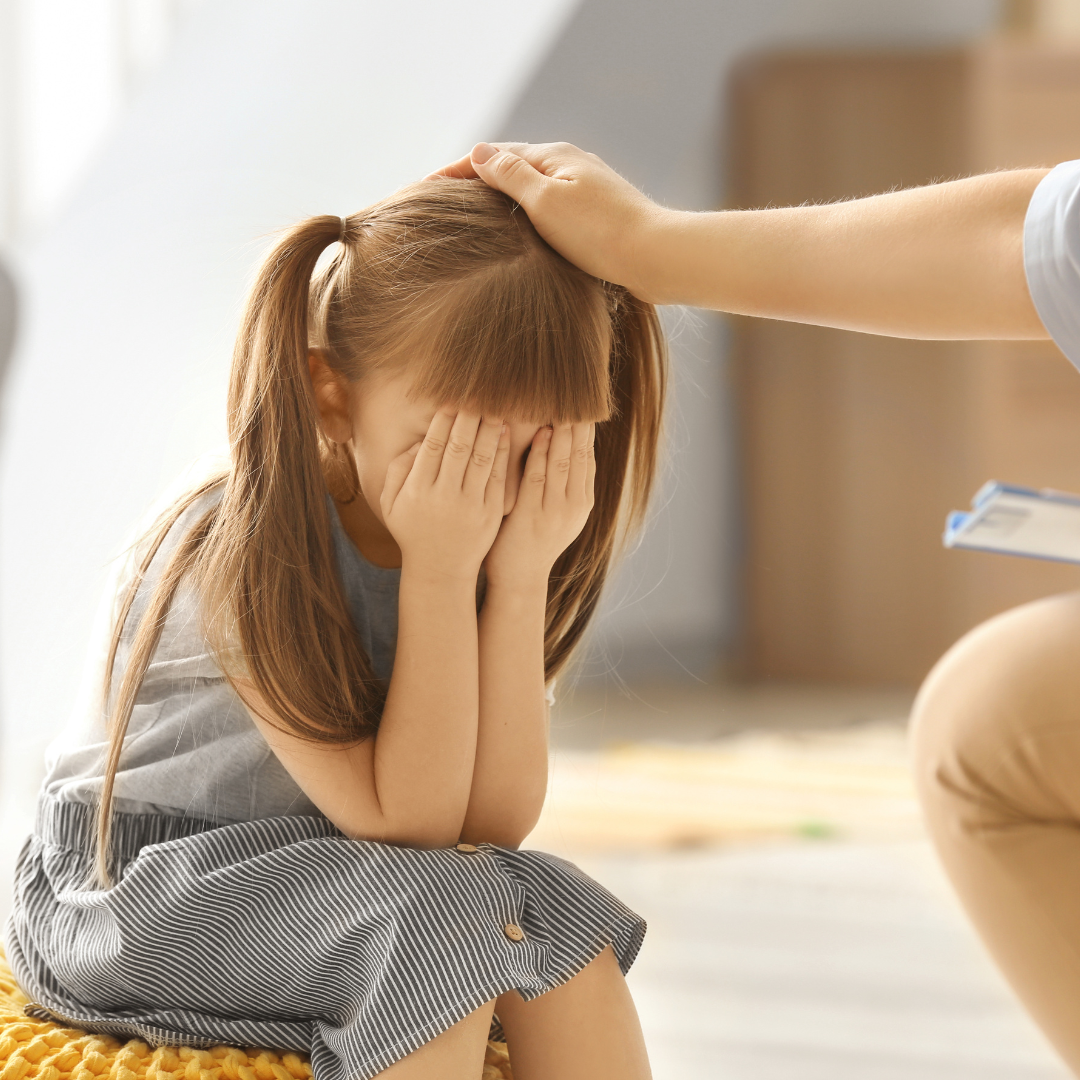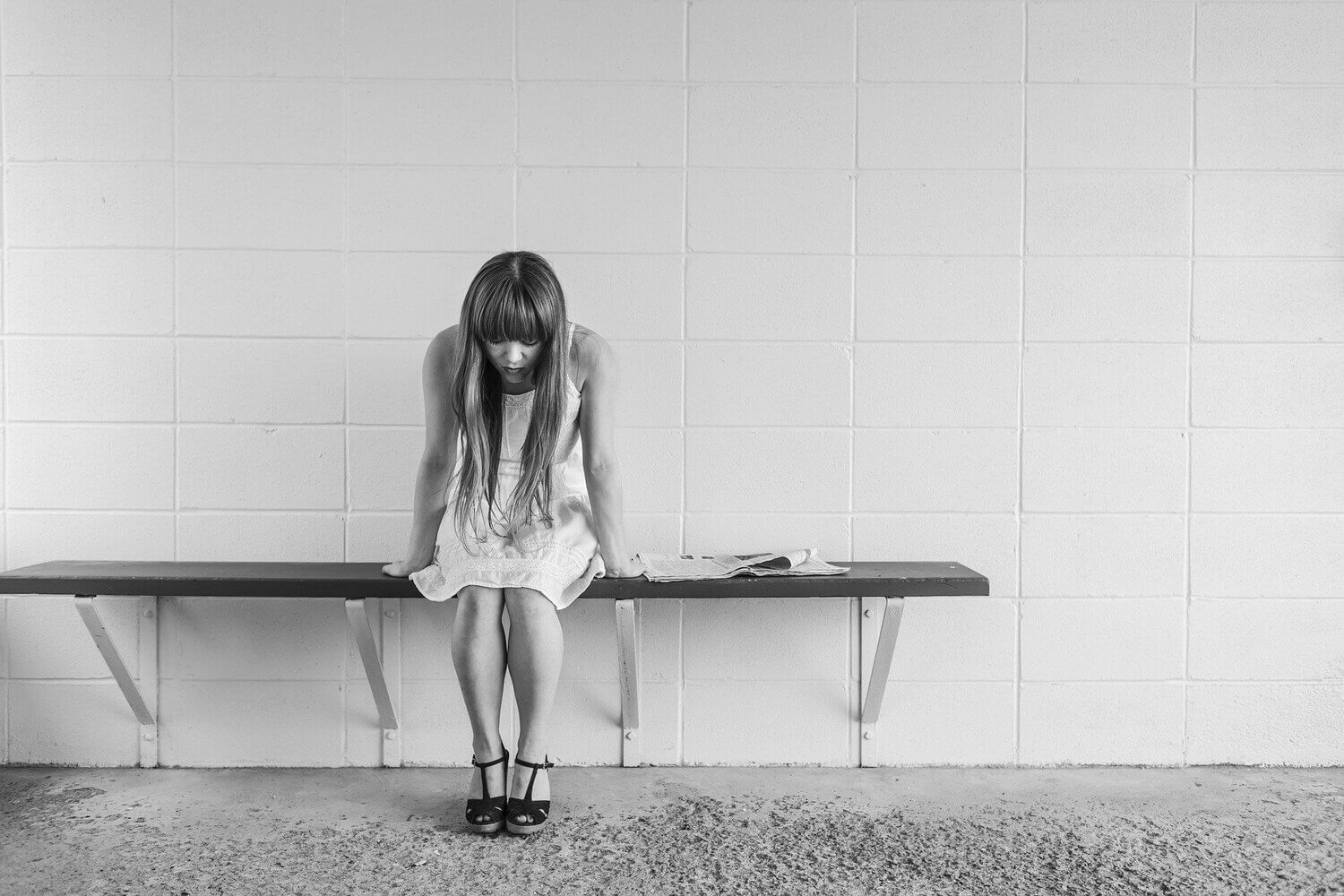This week is mental health week and several events are taking place in Montreal, including the West Island Walk for Mental Health this Saturday, May 6th. I have always advocated how important it is to openly discuss our mental health, and for the first time, I experienced my own mental health struggle. I had no idea it was happening until a few weeks had passed and I realized I was not myself. I would like to share my story with the hopes that other women who are pregnant and experiencing emotional difficulties can feel that they are not alone. The best thing you can do is discuss what you are experiencing with others and, most importantly, your doctor.
I am 36 weeks pregnant with my second child. About 2 1/2 months ago, I started feeling sad, but I could not understand why. Nothing had changed in my life and I absolutely loved my life. However, from one moment to the next, getting out of bed was difficult, every smile was forced, all my thoughts were negative, I didn’t enjoy play time, I didn’t enjoy work… I didn’t enjoy life. I cried several times a day and felt so… alone. If I wasn’t crying, I was fighting back tears. Why was I so sad? I kept thinking it would pass. I assumed those pregnancy hormones were probably acting up. But every smile became “faker” with time. After a few weeks of this, I spoke to my husband about it and I broke down. He asked what he could do to help me but I didn’t have an answer. I had no idea. Help with what? What was I going through? Did something need to change in my life? If so, what was it? Why was I feeling this way? Why was I so sad?
After a few more weeks had passed, I decided to talk to my OBGYN about this. I tried to keep it together in his office but that only lasted about 30 seconds. He asked me a few questions about my life and work. He decided that I needed to see a psychiatrist to get evaluated for depression. Meanwhile, he suggested I stop working. He mentioned that given the number of hours I was working, my emotions could be related to stress and work overload (aka “burnout”). Then he said something that struck me. He said, “you need to be physically and mentally healthy for your kids”. There it was… mental health. I had been struggling with my mental health for weeks and I was ignoring it. I was confused by it and perhaps even unknowingly avoided talking about it because of the stigma.
Today, after having taken a step back from work and gotten a lot more rest, I feel much better. I feel happier and I am slowly becoming more like myself. Luckily, my mental health struggle seems to have been due to sleep deprivation, being overworked and overwhelmed. I am still waiting to see the psychiatrist (long waiting lists) and I am not going to cancel that appointment. Just like we get checkups to make sure we are physically healthy, I want to make sure I am mentally healthy both before and after the baby arrives. I need to be there for my family.
Some facts about depression during pregnancy
Depression during pregnancy is common. It can happen to anyone. Please don’t dismiss any mental health issue during pregnancy by thinking that it is just your hormones acting up. If something feels wrong, speak to someone or most importantly speak to your doctor. They will guide you into the right direction.
Depression during pregnancy is under diagnosed, mostly because people misattribute it to a “normal pregnancy” (Altshuler et al, 2008. Archives of women’s mental health). It is estimated that an average of 12.7% of women will experience a depression during pregnancy, but that number could be much higher since most women do not discuss these mental health issues. One study estimated that over 80% of women do not discuss any mental health issue with their doctor (Whitton et al. 1996. British Journal of General Practice). In fact, the American College of Obstetricians and Gynecologists (ACOG) recommends that doctors screen their patients during each trimester for mood disorders and anxiety because if left untreated it could be harmful to the mother and the infant.
A 2010 study highlighted several important factors that can contribute to depressive symptoms during pregnancy, including maternal anxiety, life stress, prior depression, lack of social support, domestic violence, unintended pregnancy, relationship factors, and public insurance (Lancaster et al. 2010. American Journal of Obstetrics and Gynecology).
I hope that if you are pregnant and you don’t feel like yourself that you don’t merely pass it off as hormones. Please talk to your doctor about it and get help if needed. You are not alone.

